
Our America: Writings on Latin America and the Struggle for Cuban Independence
Presents the celebrated Cuban revolutionary’s thoughts on “Nuestra America,” the Latin American Martí fought to make free. | more…

Presents the celebrated Cuban revolutionary’s thoughts on “Nuestra America,” the Latin American Martí fought to make free. | more…
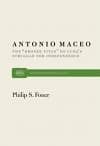
A powerful portrait of Maceo, committed anti-imperialist and heroic independence fighter. | more…
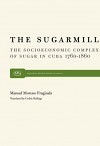
This extraordinary work deserves to be called monumental for its scrupulous and exhaustive analysis of the development of the sugar industry in Cuba, for the imposing originality of its approach, and for the unsentimental but no less passionate vision of history it embodies. The product of twenty years of historical research combined with ten years of economic and technical work in the industry, The Sugarmill is a landmark in post-revolutionary Cuban scholarship. | more…

Details a pattern of development and investment in the American economy that produces dimished growth and increased stagnation. | more…

Explores the emergent threat of U.S. imperialism from 1881 to 1895. | more…
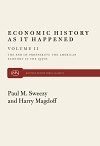
This is the second in the series of four collections of essays in which Paul M. Sweezy and Harry Magdoff, the editors of Monthly Review, set out as it took place the development of U.S. and global capitalism from the late 1960s to the “financial explosion” age of the early 1990s and after. | more…

This volume covers the imposition of the U.S. domination over Cuba through the Platt Amendment, which marks the beginning of U.S. neocolonialism. | more…

Argues that the Cuban nation was a central protagonist in the conflict — rather than a passive victim of a conflict between great powers. | more…
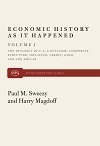
This is the first of the series of four collections of essays in which Paul M. Sweezy and Harry Magdoff, the editors of Monthly Review, chronicled, as it was taking place, the development of U.S. and global capitalism from the end of its “golden age” in the late 1960s to the full onset of the financial explosion of the early 1990s and after. | more…
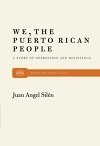
Silén restores to his people their history, stolen from them along with their land and independence. | more…

In his second book, Andre Gunder Frank expands on the theme presented in his influential study Capitalism and Underdevelopment in Latin America. It is the colonial structure of world capitalism, in his view, which produced and maintains the underdevelopment characteristic of Latin America and the rest of the Third World. This colonial structure penetrates everywhere in Latin America, forming and transforming all its features in obedience to its own imperatives and thereby imposing upon the region those characteristic features of poverty and backwardness which are not primarily the remnants of an ancient “feudal” past but the direct products of capitalism. This development of underdevelopment will persist, therefore, until the people of Latin America free themselves from world capitalism by means of revolution. The Cuban Revolution is thus viewed as the first effort in a continent-wide revolutionary process direct against both imperialism and the national bourgeoisie. | more…
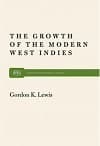
Analyzes West Indian society in detail from the First World War through the 1960s. | more…
Notifications